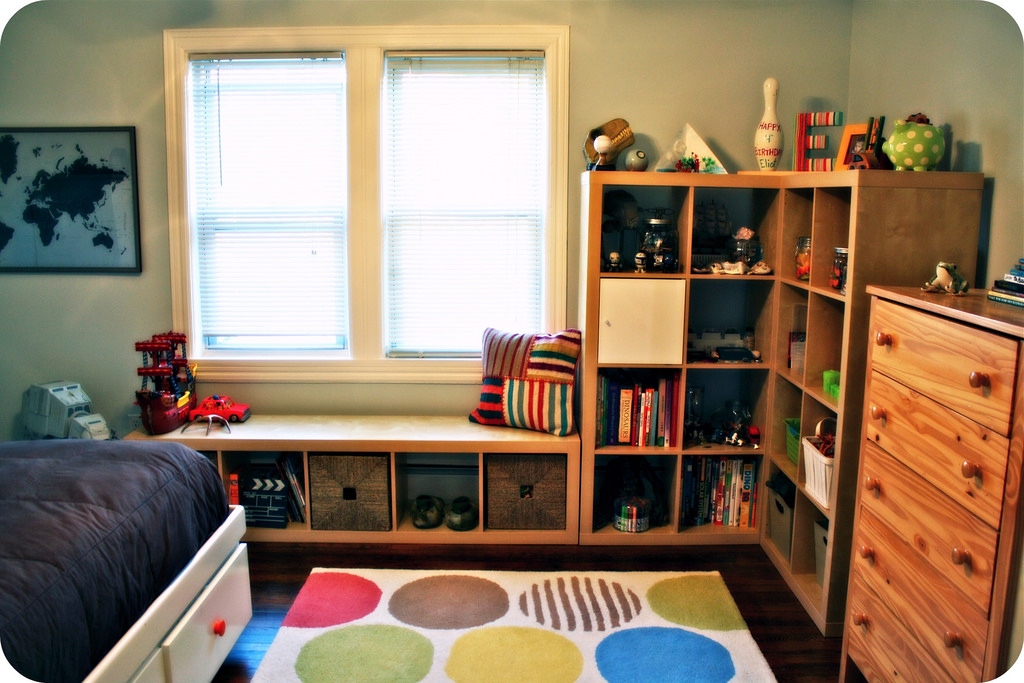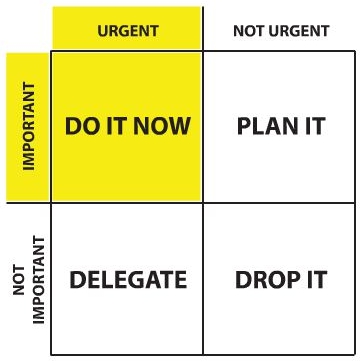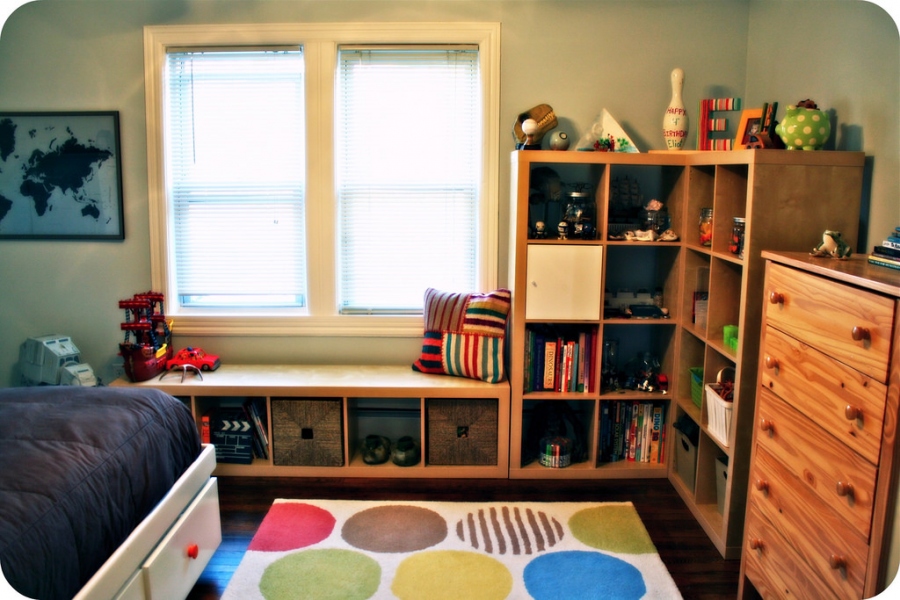According to an infographic released by IKEA, nearly 43 percent of Americans categorize themselves as disorganized and admit that they worry excessively when household clutter starts mounting.
Keeping their houses organized and tidy is a major source of stress amongst a majority of Americans. The lack of time owing to the busy schedules, the office workload, and the family responsibilities often dissuade people from staying organized, causing added anxiety.
Keeping your head above the water with organizing your home when you barely have time to breathe can be tough. At such times, you need a few practical, efficient, and time-tested tips and tricks that can help you stay organized and sane.

Here are six quick tips to help you put your house in order when you suffer from a paucity of time due to your busy schedule.
1. Make Organizing a Part of Your Routine
The human brain loves routines. Schedules and habits give us a sense of security and fulfillment, helping us automate tasks that need to be done even when you dread doing them.
Train your self to include cleaning and clearing the clutter in your house as a part of your schedule. Look at your calendar and analyze the slow and busy days of the week. Are weekdays relatively hectic for you? If that’s the case then plan to organize and tidy up your home on weekends.
If the entire week seems frenzied, set aside 20 minutes clean-up time before going to bed each day. If you have kids, encourage and involve them when you tidy up the rooms and the other parts of your house. That way you can spend fun time with them while organizing your living space.
2. Use the Priority Grid to Classify Your Tasks

When your things-to-do list is always jam-packed, every task seems to be important, making it tough for you to decide which one to complete first.
Use the Eisenhower’s decision matrix to help you classify your tasks and take actions accordingly. Categorizing your tasks into the four quadrants mentioned below will enable you to set your priorities right.
- Urgent-Important- Tasks that need to be completed immediately. For instance, sorting out the laundry, cleaning the kitchen, and/or making your bed in the morning.
- Urgent-Not Important- Tasks that can be delegated to other family members. For instance, the task of cleaning the children’s room can be assigned to your kids.
- Not Urgent-Important- Tasks that can wait, but are crucial in the near future. For instance, buying a birthday gift for a loved one or mowing the lawn.
- Not Urgent-Not Important- Tasks that must be dropped or deleted. For instance, sorting out your junk mail or spending excessive time on the social media.
By using this priority matrix, you will be able to make time for crucial tasks such as organizing your house even when you have too much on your plate.
3. Break up Larger Tasks
When you are over-occupied with multiple priorities, accomplishing the simplest task seems to be challenging.
Begin by analyzing the job at hand and break it down into achievable mini-tasks. Smaller tasks are manageable and easy to complete, setting you into a positive and a winning frame of mind. This encourages you to ride on your success and enables you to complete the task that once seemed insurmountable.
For instance, if your goal is to declutter and organize your bedroom closet, rather than tackling it all at once, set aside fifteen minutes each day to sort out a single drawer or a shelf. By breaking this huge task into smaller steps you will be able to sort out your wardrobe with ease.
4. Avoid Procrastination
With your mind is racing in ten different directions, it can be tempting to put off the task of organizing your home till you have completed the tasks on hand. However, procrastination complicates simple tasks such as tidying up the dining table after a meal or sorting out the laundry.
Use the five-minute rule, which states that if a task takes less than five minutes to complete, take it up immediately instead of deferring it. According to this rule, once you start off accomplishing a task, it seems less overwhelming and doable, as convincing yourself to begin is the toughest part, especially when you have limited time on hand.
For instance, a few tasks such as laying out your clothes for the next day and placing the used dinner plates in the dishwasher can be easily accomplished within five minutes.
Sorting out these chores in time makes you feel orderly and efficient, enabling you to focus on other critical jobs with ease. It is easy to tackle these smaller tasks as they pop up rather than completing them later when they get more complex.
5. Use Tools That Help You Organize Your Belongings
Cutter always piles up when you are caught up with office or domestic work, leaving you little or no time to organize your kitchen and bathroom cabinets, bedroom closets, attic sideboards and other storage areas in the house.
Invest in a few storage organizers that can help you sort out your belongings in a better manner. For instance, storage baskets can help categorize your clothes and accessories in your bedroom closet, enabling you to find them easily when required. Similarly, investing in divider trays for your kitchen drawers will help you organize your cutlery effectively.
For smaller items in your closet, consider using trendy baskets that will make your room look attractive, neat, and clutter-free.
6. Encourage a Minimalist Lifestyle
Clutter adds to the chaos in life. Most of us have unused items lying in our homes which merely clutters the living space, making it tough to organize cabinets, tabletops, and closets.
According to statistics shared by the National Soap and Detergent Association, if an average American household gets rid of the unused items and the clutter, it could eliminate nearly 40 percent of the housework.
A house that’s devoid of useless stuff stays cleaner. Though it seems tough to stop the continuous influx of things, retaining only how much one needs can help a person stay organized.
Consider the benefits of becoming a minimalist – less to clean, less to maintain, and less stress. Try to buy things that are absolutely essential and let go of items that are of no use to you.
Get rid of scrap items by classifying them into four categories, namely recycle, donate, sell, and discard. Reuse items that prove to be useful to you, donate or sell the ones you feel could add value to others, and discard the junk.
When you are super busy, keeping your house in order seems next to impossible. However, the smallest step in the right direction can significantly impact the manner in which you organize your life. Use the above-mentioned tips to keep your house clutter-free and orderly amidst your busy schedule.
(Image Source: 1, 2)



